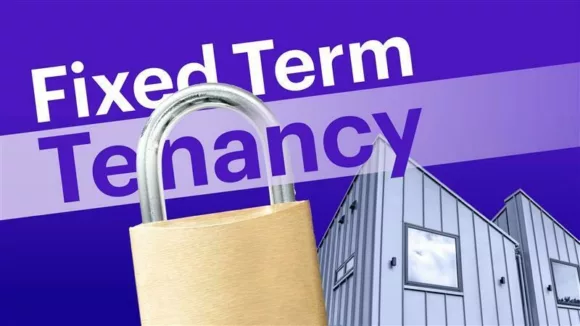Can a tenant get out of a fixed-term tenancy early?
Life doesn’t always go to plan. While fixed-term contracts are designed to be binding, a tenant can leave early in a few ways.
#1 – If the landlord agrees to it
A fixed-term lease can end early if the landlord agrees, but the tenant will likely have to pay some money. It’s not a penalty for leaving.
Instead, the tenant covers the landlord’s “actual and reasonable costs” in re-renting the property. That could include:
- Advertising fees
- Property management admin fees
- Rent lost during the vacancy
- Credit or reference checks for new applicants
There’s no set dollar amount, but Tenancy Services is clear: landlords can’t profit from this – they can only recover genuine expenses.
So, if it costs $300 to advertise the property and takes 2 weeks to fill the vacancy, the tenant needs to cover those costs.
#2 – If they find someone to take over the tenancy
To avoid break fees a tenant can find someone else to take over the lease – this is called “assigning the tenancy”.
The landlord must consider this new tenant, so they can’t just say, “Nah, I don't like the look of them.”
This option keeps things fair – the original tenant can leave, but only if they sort out a suitable replacement.
#3 – Family violence
If a tenant (or someone they live with) is experiencing family violence, they can get out of the tenancy ... without paying penalties.
They just need to give the landlord 2 days’ written notice using the right form. They also need to include proof of family violence. (It doesn’t matter if it’s a fixed-term or periodic tenancy – this rule applies to both).
The tenant doesn’t need the landlord’s permission and they don’t need to go to the Tenancy Tribunal.
#4 – Severe hardship
Sometimes a tenant might go through something genuinely tough – like losing their job or suffering from illness.
In those cases the tenant can apply to the Tenancy Tribunal to end the fixed-term early on the grounds of severe hardship.
The tribunal will look at the situation and decide if it’s serious enough to justify breaking the lease. But it’s not automatic – the tenant has to prove the hardship, and the tribunal balances both sides’ circumstances.








